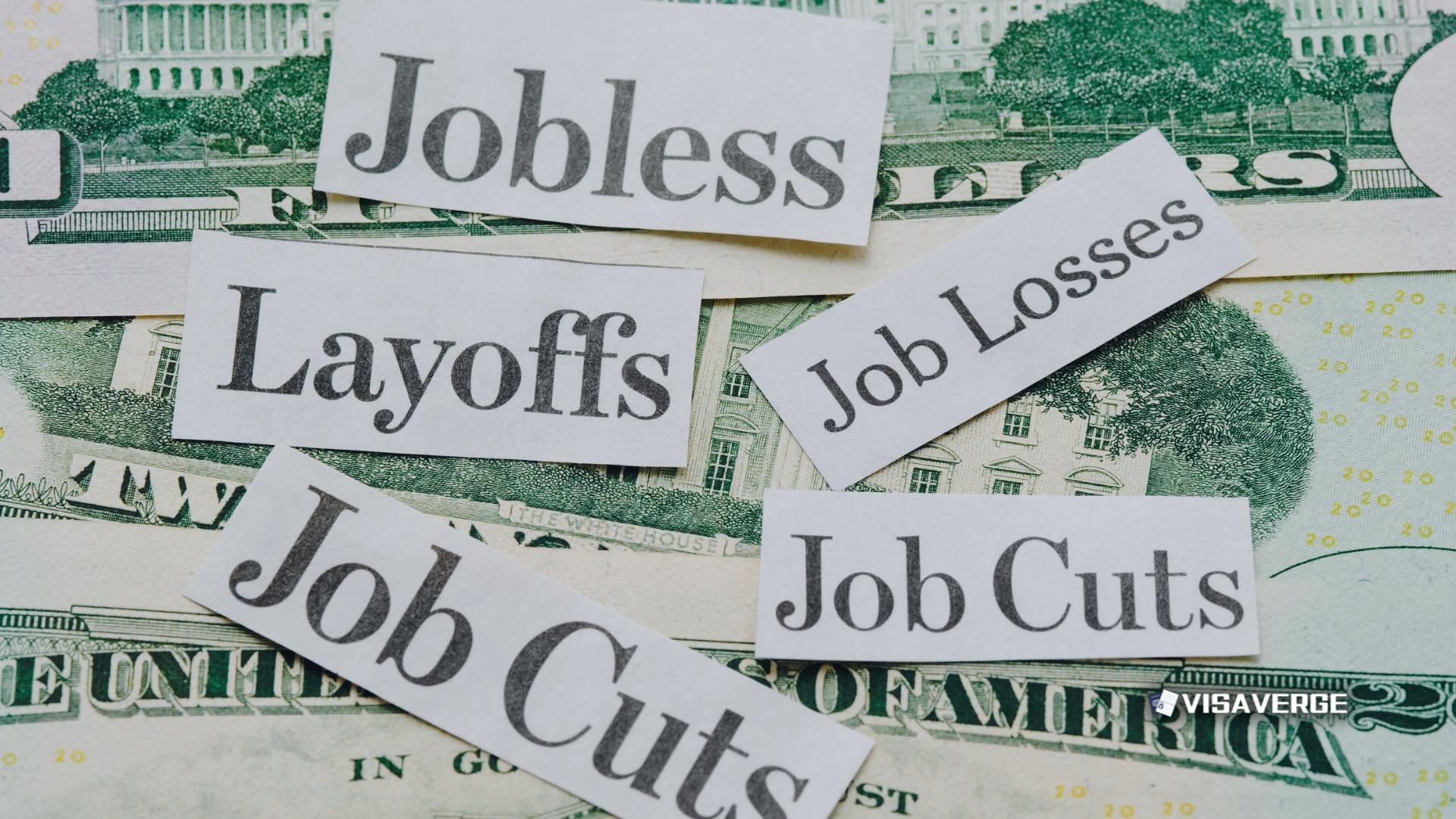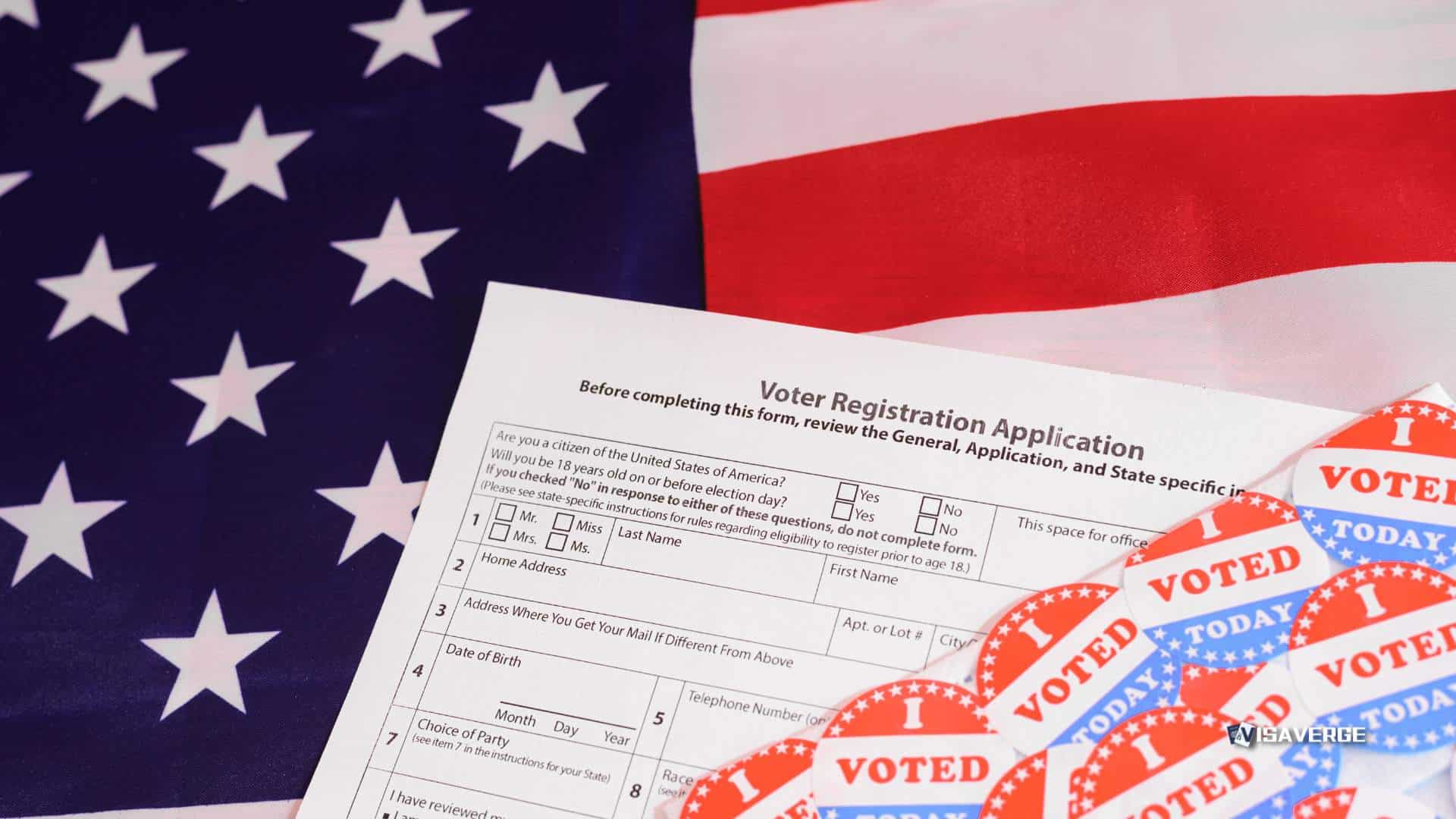(FLORIDA) Florida will require every private employer to use E-Verify for all new hires starting July 1, 2025, closing the small-business exemption that has been in place since 2023. The change comes under HB 955, sponsored by Representative Berny Jacques, and applies statewide to companies of any size. It marks a sharp expansion of Florida’s current rule, which only covers employers with 25 or more workers.
Small firms, family businesses, and startups that once fell outside the system will now be pulled in, with enforcement handled by the Florida Department of Commerce.

Key dates and scope
- Effective / Enforcement date: July 1, 2025
- Law: HB 955 (sponsored by Rep. Berny Jacques)
- Applies to: All private employers in Florida, regardless of size
- Previous threshold: Employers with 25 or more employees (started July 1, 2023)
The state says the goal is to ensure new employees are authorized to work and to bring uniformity across the labor market. Employers must enroll in the federal program and submit new-hire information to confirm work authorization. The change is part of Florida’s broader immigration enforcement push backed by Governor Ron DeSantis.
What changes under HB 955
- The earlier requirement for employers to certify E-Verify use on tax returns is removed. State officials say this reduces paperwork without loosening core compliance.
- The focus shifts to whether companies actually run checks for each new hire through the federal system, rather than relying on tax-based self-attestation.
The certification step had been a friction point for some businesses since the original 2023 measure. Now the emphasis is on demonstrable verification logs.
Penalties and enforcement process
- Initial noncompliance triggers a notice from the Florida Department of Commerce and a 30-day cure period.
- After three violations within a 24-month period, fines can reach $1,000 per day until the employer comes into compliance.
- The state may also suspend or revoke state licenses, which can halt business operations for many small firms.
Important: For many small businesses, a license suspension or hold can be a more immediate and severe consequence than monetary fines.
Background and why this matters
- Florida’s 2023 law required E-Verify for private employers with 25+ employees starting July 1, 2023, with penalties beginning July 1, 2024.
- HB 955 widens the requirement to all private employers effective July 1, 2025, ending a loophole that previously exempted very small firms.
- Analysis from VisaVerge.com suggests this expansion reflects a broader state-level trend to push federal work-authorization checks deeper into private hiring—especially in industries with rapid onboarding or seasonal roles.
What employers must do (practical steps)
Employers will still need to complete the federal Form I-9 for each new worker and then enter the same identifiers into E-Verify.
- Official Form I-9 resources: USCIS Form I-9
- E-Verify portal and enrollment: E-Verify
Suggested action items:
1. Enroll in E-Verify (if not already enrolled).
2. Designate a primary E-Verify user (especially for small businesses with limited HR support).
3. Train staff on completing Form I-9 and entering data into E-Verify within required timelines.
4. Save and archive E-Verify confirmation records to produce in audits.
5. Run a trial period before July to identify data-entry errors and procedural gaps.
Operational impacts and considerations
- Businesses that previously relied solely on in-person document review under Form I-9 will now need a plan to enter data into the federal platform for every new employee within the required timelines.
- For owners with limited HR support, this likely means assigning a staff member to handle submissions, retain confirmation records, and prepare for possible audits.
- Companies using authorized E-Verify agents or integrated payroll/HR platforms may be able to streamline the process.
Concerns and differing perspectives
- Supporters argue uniform rules level the playing field, deter identity fraud, and reduce the chance of fines later.
- Opponents warn that error rates and tentative nonconfirmations could delay hiring for lawfully authorized workers, particularly in tight labor markets where time-to-fill is critical.
- Worker advocates will watch for any chilling effect on hiring of noncitizens who are authorized to work (green card holders, refugees, people with work permits).
Enforcement trigger scenarios
Florida’s Department of Commerce may begin a review after:
– A complaint is filed.
– A pattern is uncovered during a state audit.
– Comparative checks show new hires lack verification records.
The department issues a notice and gives the employer 30 days to correct. Fines or license actions may follow if the employer fails to cure the violation or accumulates repeated violations within a 24-month window.
Interaction with federal rules
- E-Verify checks use information already collected on the Form I-9, which every U.S. employer must complete for each hire, regardless of citizenship or immigration status.
- Practically, Florida employers will perform both steps: verify documents for the Form I-9, then submit key data to E-Verify and retain the case result.
- Employers using authorized agents or integrated HR systems may reduce administrative burden.
Final takeaways and recommendations
- The timeline is clear: the expanded requirement starts July 1, 2025. Employers should use the intervening months to enroll, train staff, and test workflows.
- Legal advisors recommend:
- Reviewing hiring policies and procedures.
- Designating a primary E-Verify user.
- Documenting and saving verification procedures and results.
- Running practice submissions to catch and fix errors before the enforcement date.
With enforcement shifted to the state level and verification tied to federal databases, compliance with HB 955 will depend on day-to-day practices at the hiring desk. The law removes the tax return checkbox but heightens the expectation that verifications are actually performed and documented.
This Article in a Nutshell
HB 955 mandates that all private employers in Florida enroll in E-Verify and run checks for every new hire starting July 1, 2025, closing the previous exemption for firms under 25 employees. Enforcement by the Florida Department of Commerce begins with a notice and 30-day cure period; after three violations within 24 months, fines can reach $1,000 per day and state licenses may be suspended or revoked. Employers must complete Form I-9, enter data into E-Verify, retain records, train staff, and test procedures before the deadline.













